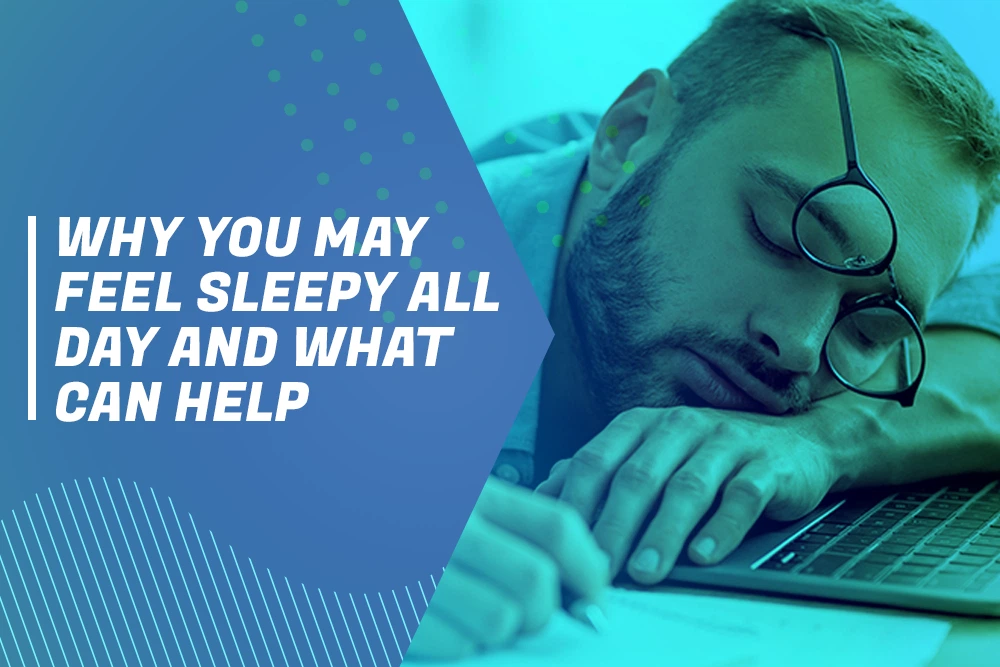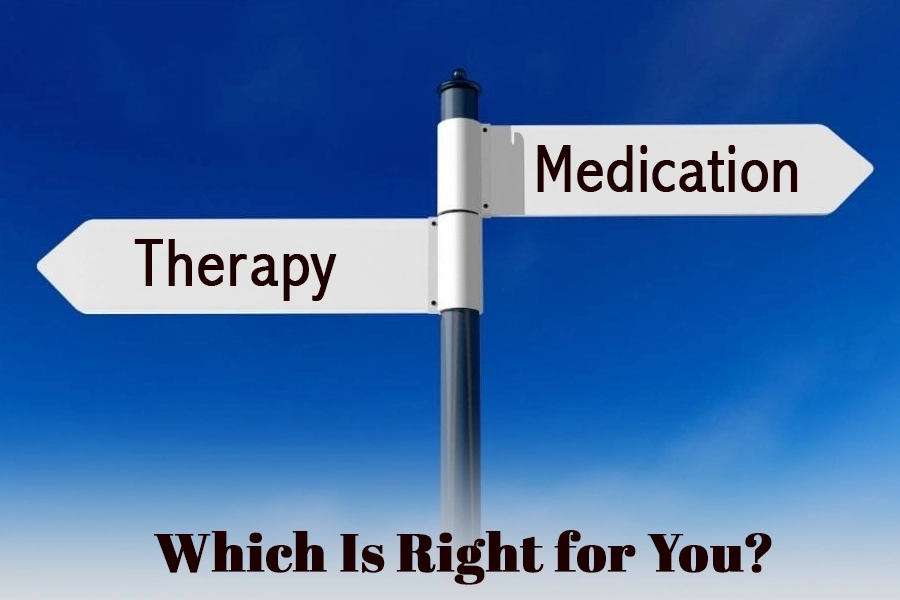Amlodipine is a medication commonly given for the management of angina and hypertension. Because it blocks calcium channels, it relaxes blood arteries, which facilitates the heart’s pumping function and lowers blood pressure. While generally well tolerated, men taking amlodipine often worry about its impact on their sexual performance, especially ED. The following are the results of the latest research and clinical experience.
Overview of amlodipine and its use for hypertension
Amlodipine is one of the most common antihypertensive agents used in the world. Its daily administration, long-lasting activity, and mostly harmless side effect profile make it very popular. By blocking the calcium channels in the blood vessel’s smooth muscle, amlodipine lowers vascular resistance and aids in blood pressure regulation. To achieve optimal blood pressure control, this class of drugs is often combined with other antihypertensive agents for the management of angina, a type of chest pain.
Common side effects and where ED fits in
The most typical ones are headache, lightheadedness, flushing, ankle swelling (edema), and even heart palpitations. ED is one of those sexual side effects troubling many men taking blood pressure medication. However, ED is not in the list of the most frequent adverse effects of amlodipine. Sexual dysfunction, on the other hand, is more commonly linked to other antihypertensive drugs, like thiazide diuretics and some beta-blockers.
Scientific studies linking amlodipine to ED (or not)
An Association or Not Amlodipine and erectile dysfunction are a complex and rather controversial couple:
- Animal Studies: Chronic use of amlodipine has been found to lower the levels of testosterone, a sex hormone required for sexual performance, and can lower sexual performance in male rats. Research conducted on animals does not usually directly apply to people.
- Human Studies: Men who were given amlodipine experienced a low incidence of erection problems, not significantly different from that experienced by men on other antihypertensive medications or placebo, in large-scale clinical trials such as the Treatment of Mild Hypertension Study. Amlodipine could even have a neutral or slightly positive impact on vascular health, essential to erectile function, in some studies.
- Comparative Studies: Relative to amlodipine, other studies indicate that several other blood pressure medications, including beta-blockers and chlorthalidone, are linked with a greater prevalence of sexual dysfunction. For example, in some patients, angiotensin II receptor blockers (ARBs) might even improve erectile function.
Current research essentially agrees that amlodipine does not substantially raise the risk of erectile dysfunction when compared to other well-known antihypertensive medications. However, individual results may differ, and sexual side effects may still occur for some people.
How blood pressure medications can affect sexual performance
One of the most common but often overlooked side effects of many blood pressure medications is sexual dysfunction.
- ED may occur as a result of damage to blood vessels and reduced blood flow to the penis from high blood pressure.
- Additional reduction in blood flow or interference with hormone levels and nerve messages may enhance this effect by some antihypertensive drugs.
- Erectile dysfunction is more likely to be brought on by beta-blockers and diuretics.
Overall, ACE inhibitors and calcium channel blockers (e.g., amlodipine) are less likely to have sexual side effects.
In some cases, ARBs even increase sexual function.
Alternative treatments for high blood pressure with fewer sexual side effects
Don’t stop taking amlodipine or any other blood pressure medication without first consulting your doctor if you have erectile dysfunction. There are several alternatives that are less likely to produce sexual side effects:
- ARBs, or angiotensin II receptor blockers, can improve some men’s erectile function.
- On the basis of sexual side effects, ACE inhibitors are considered neutral.
- Lifestyle changes: Weight loss, regular exercise, and a healthy diet can lower blood pressure and improve sexual performance.
- Combination therapy: In some cases, lower doses of two medications can be used together to reduce side effects while maintaining control of blood pressure.
A blood-pressure-controlling treatment plan that doesn’t interfere with your quality of life can be tailored with the help of your doctor.
What to discuss with your doctor if you notice ED symptoms
It is important to discuss it frankly with your doctor if you notice it after the use of amlodipine or any other medication. Some things to discuss are:
- Timing of the symptoms: Was there ED prior to initiating the medication, or did it begin afterward?
- Other risk factors: ED can also be triggered by diabetes, smoking, obesity, and heart disease.
- Other choices: If ED persists, ask to switch to another blood pressure medication.
- Extra testing: To eliminate underlying medical issues, extra testing may be necessary at times.
Never miss a dose or change the medication without talking to your doctor first. Untreated high blood pressure poses serious health concerns, including heart attack and stroke.
In summary
In the treatment of angina and high blood pressure, amlodipine is an effective and generally well-tolerated drug. While individual outcomes vary, most studies indicate that it does not significantly increase the risk of erectile dysfunction compared to other antihypertensives. If you are taking amlodipine and develop erectile dysfunction, consult your physician; there are other ways and treatments that can help you maintain your sexual health and blood pressure levels.









Leave a Reply